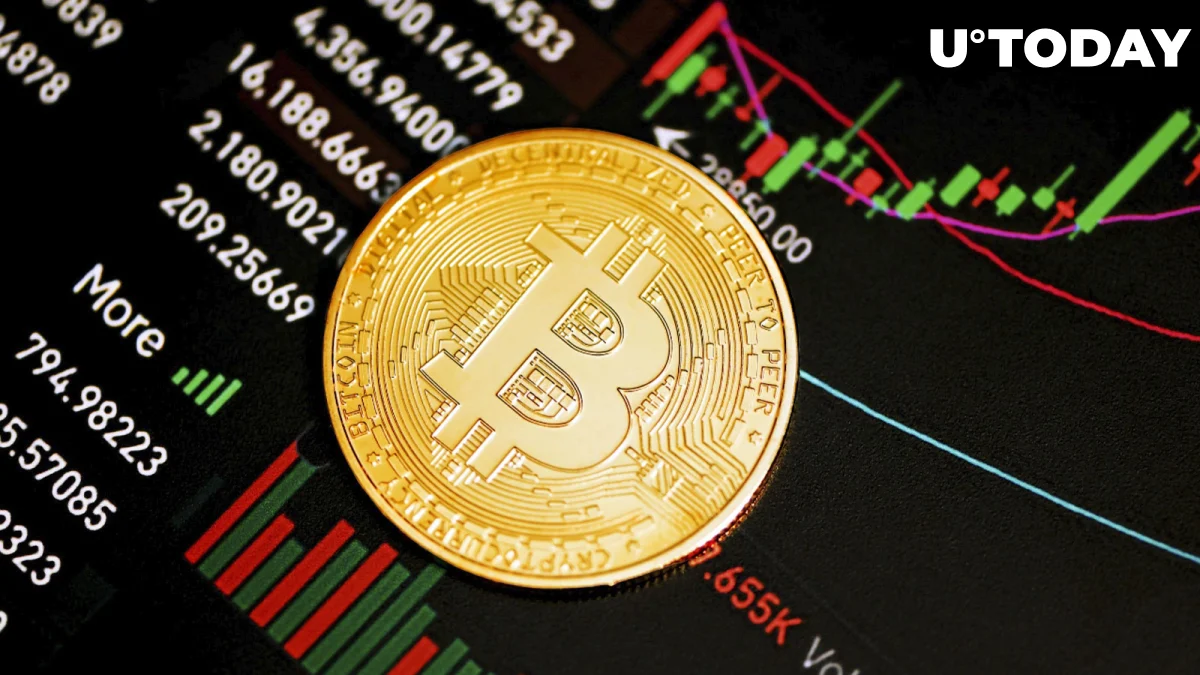
The Institute of International Finance’s (IIF) head economist, Robin Brooks, recently tweeted about the recent decrease in Bitcoin value and attributed it to the Federal Reserve’s aggressive position on monetary policy.
According to Brooks, the market’s expectation of the Fed raising interest rates more aggressively corresponds with the decline in Bitcoin. He emphasised further that Bitcoin is “just another bubble asset” missing intrinsic value and benefits of diversification.
The expert has previously emphasised the apparent absence of distinctive characteristics in Bitcoin’s trading behaviour, asserting that the Fed’s monetary policy choices essentially determine how much Bitcoin’s price will fluctuate.
He said that the growth of cryptocurrencies was not brought about by any “special sauce,” but rather by a more dovish Fed encouraging high beta assets.
The IIF researcher said that Bitcoin does not have a purpose as a store of value, diversification advantages, or dividend.
However, in an unexpected turn of events, when a dovish Fed resulted in a drop in 2-year Treasury rates, a development that should have theoretically resulted in a rise in the value of the cryptocurrency, Bitcoin’s value declined.
This was cited by Brooks as an illustration of Bitcoin’s lack of true diversification features, highlighting the “heads you lose, tails you lose” scenario for holders of the virtual commodity.
After noting that the Federal Reserve was a factor in Bitcoin’s drop, Brooks comes to the conclusion that the leading cryptocurrency is just another speculative asset with no yield or potential as a store of wealth.
The “HODLER bros,” or long-term Bitcoin investors, who continue to support the cryptocurrency despite its continued volatility and reliance on outside variables like the Fed’s monetary policy, may take offence at this point of view.


















